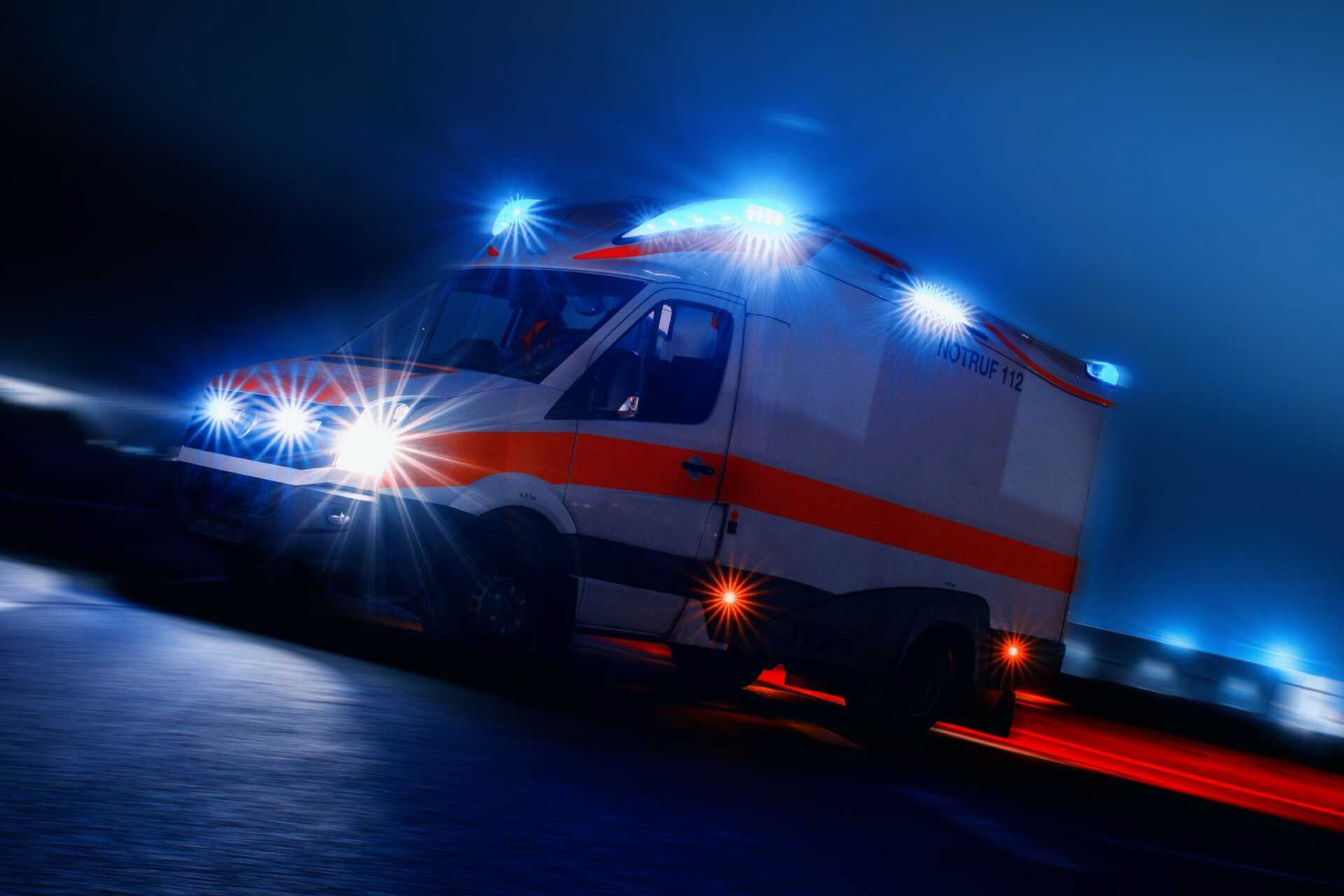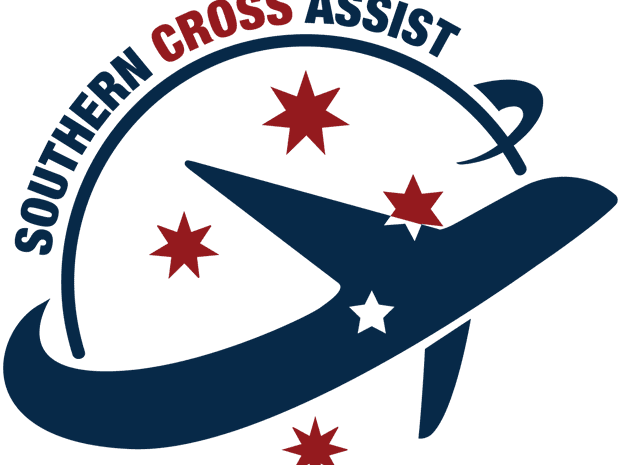
What is COVID-19
COVID-19 is a new (novel) coronavirus which was first identified in Hubei Province of China in early December 2019. Coronaviruses are a group of viruses that commonly cause symptoms of the common cold. Unfortunately, there have now been several instances in which a new strain of coronavirus has emerged and been found to have more serious consequences than normal. COVID-19 is one such strain.
Is COVID-19 Serious?
In just 3 months to early March, 2020 this virus has spread to 106 countries, infected 106,000 people and caused 3,600 deaths. Case numbers in China now appear to be stabilising but across many other parts of the world numbers are rising rapidly. Mortality rates continue to be reported at around 2% mostly (but not exclusively) in elderly people with multiple other medical conditions and subsequent reduced immunity.
Spread of COVID-19
COVID-19 is a respiratory infection and can be spread in two ways. First by fine droplets of mucus coughed or sneezed from an infected person and inhaled by someone else. The second pathway is via contaminated surfaces which an infected person has touched leaving mucus or saliva with live virus which can survive for up to 48 hours.
Symptoms of COVID-19 Infection
COVID-19 infection has an incubation period of up to 14 days but symptoms most commonly appear after only 5 or 6 days. COVID-19 has symptoms very similar to the common cold or influenza so it can be difficult to tell which infection you have. Likely early symptoms include mild fever, runny nose and cough. Later signs of severe infection include high fever, severe cough and difficulty breathing.
Protection from COVID-19 Infection
The best way to protect yourself from COVID-19, influenza and other respiratory infections is to practice good hygiene. In particular you need to avoid respiratory droplets from entering your mouth and nose.
Avoid crowds and limit contact with other people you do not know particularly those showing symptoms of a respiratory infection such as fever, runny nose, cough or sneezing. Increase social distancing to 1.5 metres wherever possible.

Wash your hands frequently with soap and water or alcohol-based hand gel and avoid touching hard surfaces with your hands wherever possible. Avoid touching your face, eyes and nose with your hands as this may transfer virus from your hands to your face.
Practice good respiratory hygiene yourself and always cough or sneeze into tissues or the crook of your elbow. Avoid using your hands as this will likely spread the virus from you to others. Immediately dispose of any tissues. If you are unwell you should avoid other people and seek medical advice. The use of masks has been shown to be effective in controlling virus spread from an infected person but not in preventing infection in well people.
Travel and COVID-19
International travel during such a pandemic is complex. Not only does a traveller need to maintain their own health and wellbeing but also contend with multiple logistical issues including cancelled airline flights, trips and events but also rapidly changing quarantine regulations and international travel bans. Overseas health care is extremely variable and travel insurance may not cover illness acquired in areas deemed unsafe by home governments. Once overseas it may be difficult to return to your home country.
Repatriation to your home country by means of travel assistance organisations is more complex for all the reasons listed above and must be meticulously planned to avoid further delays and even the quarantine of both patients and retrieval teams in foreign countries.
If you still intend to travel consult the Australian Government “Smart Traveller” website and discuss any health issues you might have with your doctor. Most medical practitioners will be very cautious about recommending international travel if you have complex medical problems or are taking multiple medications. While travelling avoid crowds, stay with family or friends where possible and practice good hygiene at all times. A combination of healthy eating, adequate sleep and exercise will help maintain your resilience and minimise the risk of becoming unwell.
With thanks to Dr Colin Myers – Emergency physician and Medical Director for Southern Cross Assist


